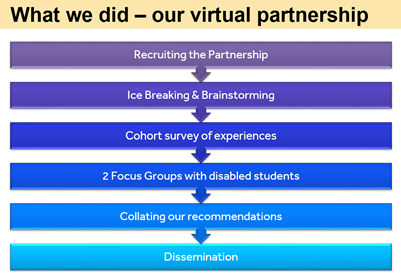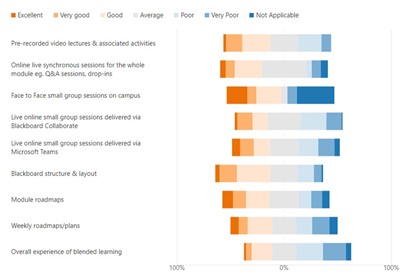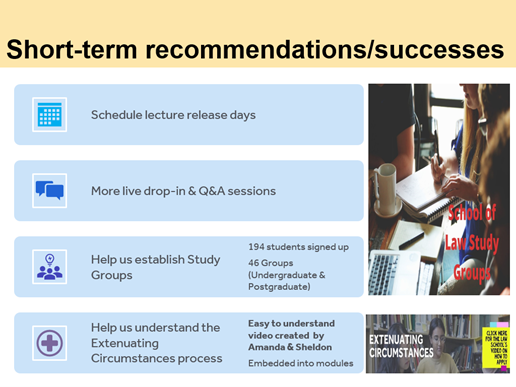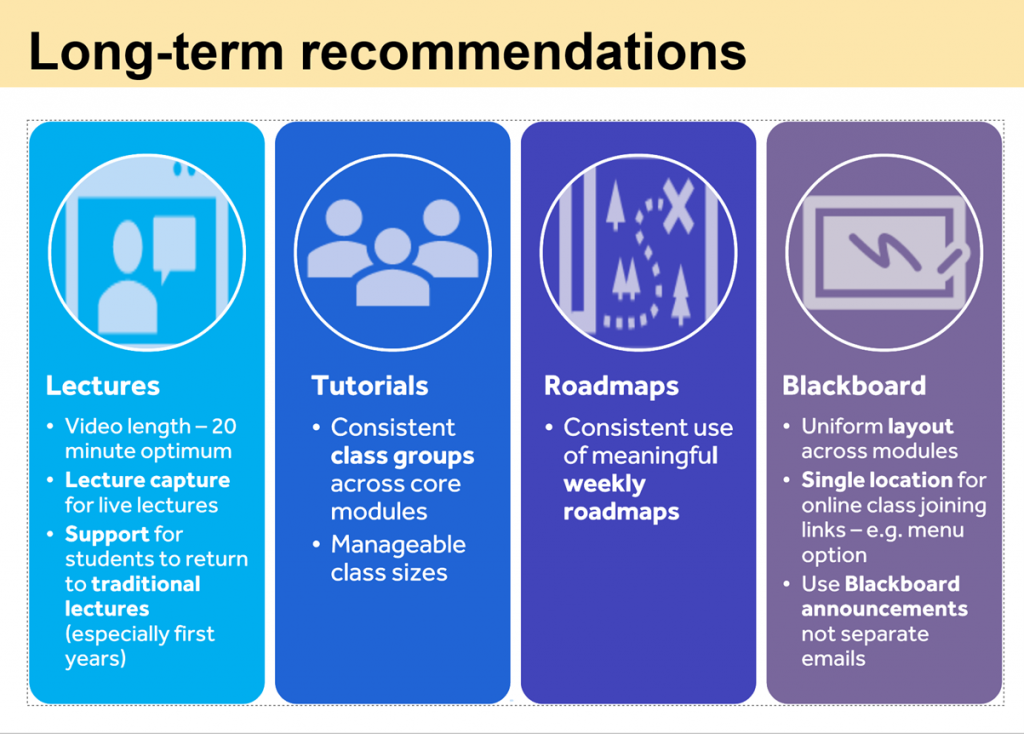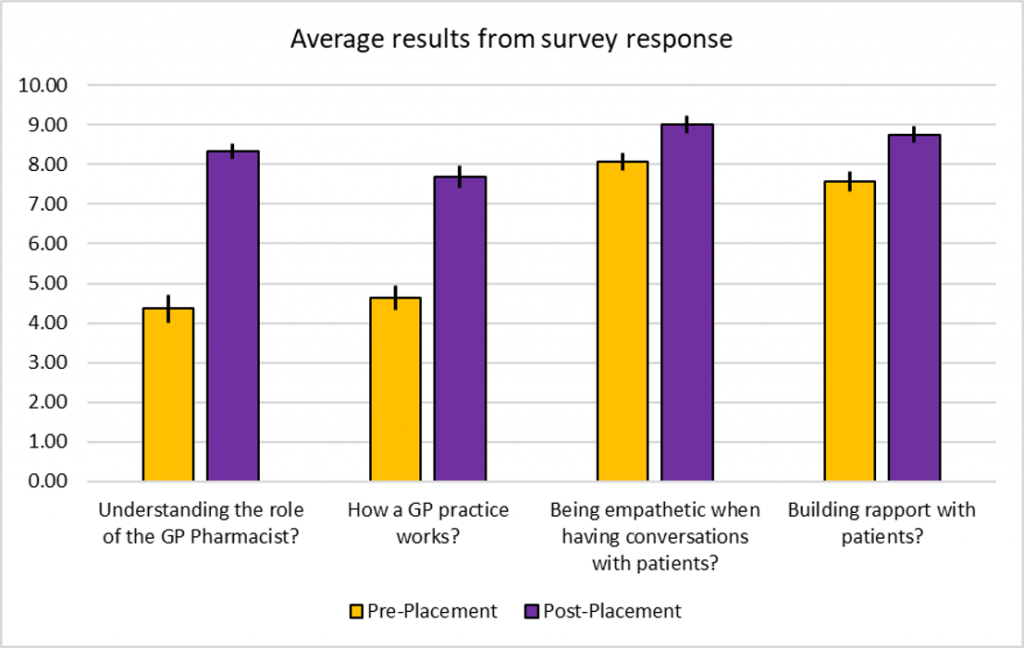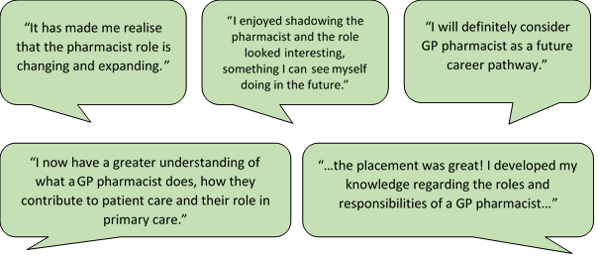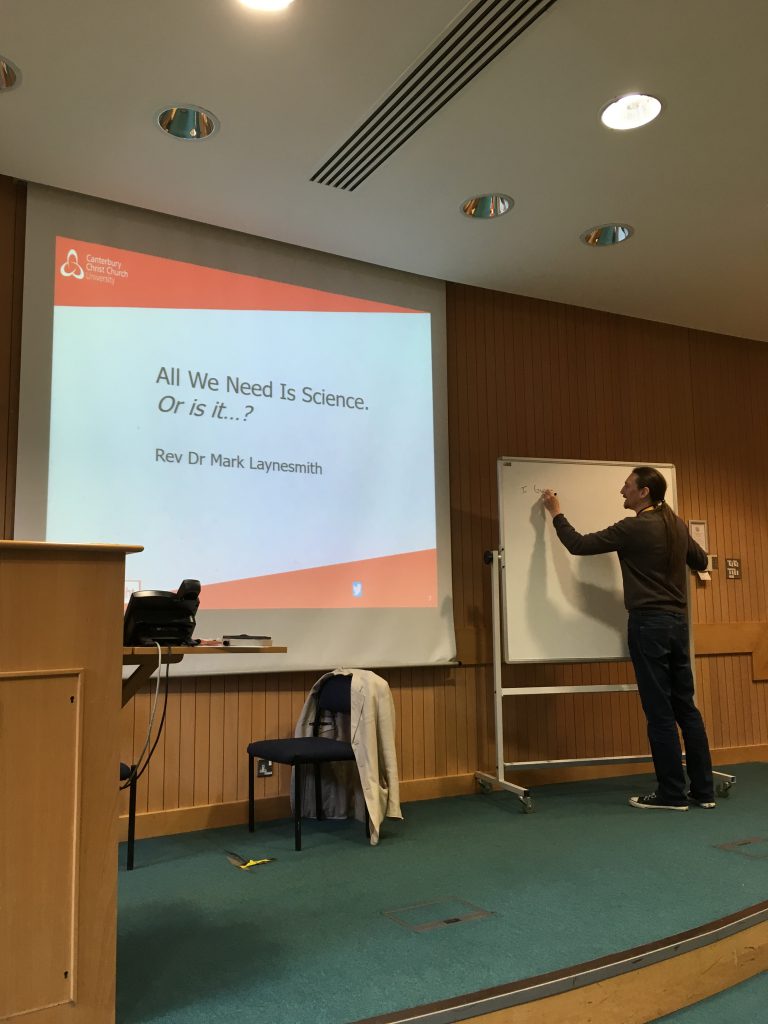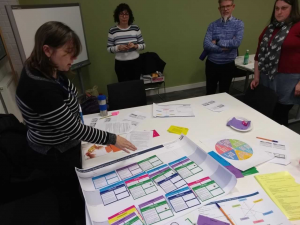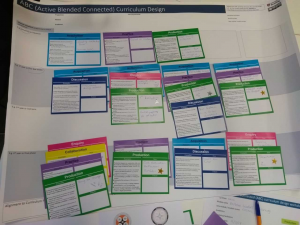By: Dr Chiara Ciarlo, School of Literature and Languages, c.ciarlo@reading.ac.uk
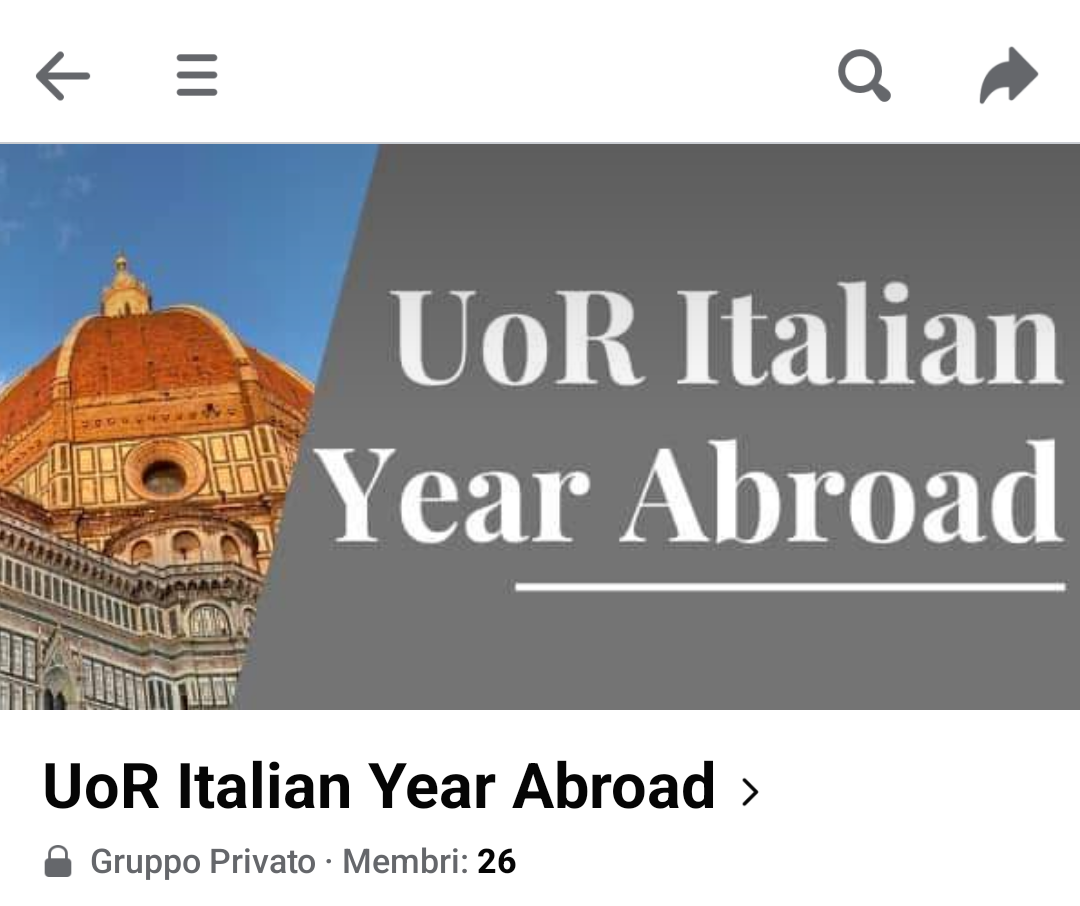
Overview
In this blogpost, Lecturer in Italian Language Chiara Ciarlo illustrates how four Department of Languages and Cultures (DLC) students with experience of the Year Abroad (YA), collaborated with staff on a PLanT-funded project to help fellow Part 2 students deal with the difficulties and anxiety of preparing to study abroad in the post-Brexit era, by creating a successful network of support including a student-led Facebook group and a useful video-guide with tips on life abroad. This project demonstrates the power of student partnership for building belonging and engagement in ways that are meaningful and authentic to learners.
Objectives
The primary aims of this activity were:
– to enhance communication among students across year-groups in DLC;
– to encourage current and returning students to share their YA experience in an inclusive way, and Part 2 students to proactively seek help while preparing to go abroad;
– to identify key aspects which required more support for Part 2 students;
– to create online YA resources on these aspects that could easily be accessed by current and future students.
Context
Due to recent economic and political changes, students preparing to study/work abroad as part of their Languages degree, have had to deal with complex bureaucratic processes (e.g., visa application) and unforeseen problems (e.g., increasing difficulties in finding accommodation), which have caused them undue stress and anxiety. During her time abroad, Jess Mant, one of the student partners in the project, had the original idea of setting up a network for fellow students to offer support on the issues she had experienced when preparing to leave and while in the foreign country. This subsequently became a PLanT-supported project.
Implementation
The project was based on the students’ YA experience in Italy. After an initial planning meeting with staff, two of the student partners, Jess and Francesca Greatorex (Finalists), set up a student-led private Facebook group as a space for the Italian students to find out more about the YA. It was agreed that this group should have only students as members (i.e., no staff were allowed on it) to allow freedom of discussion. Past and present students of Italian were invited to join the group, and this was a great opportunity for alumni to contribute to the discussion and offer advice on different destinations. All student partners initially introduced themselves via videos, shared their experience and pictures, and used polls to encourage members to vote on topics to discuss. This worked particularly well and stimulated participation when Part 2 students had to choose their destinations, as questions on specific cities could be addressed.
Once the Facebook group was up and running, the other two student partners, Anna McTiernan and Rosa Lockwood-Davies (Year Abroad students), created videos on topics that had become popular in the Facebook discussions and in YA preparation meetings with staff and Part 2 students e.g., tips on the visa application based on own experience, finding accommodation, and how to make friends in a foreign country. These videos were later uploaded on the Facebook group and were liked by members. Despite having individual roles, student partners collaborated in both areas of the project, sharing ideas and reviewing each other’s work.
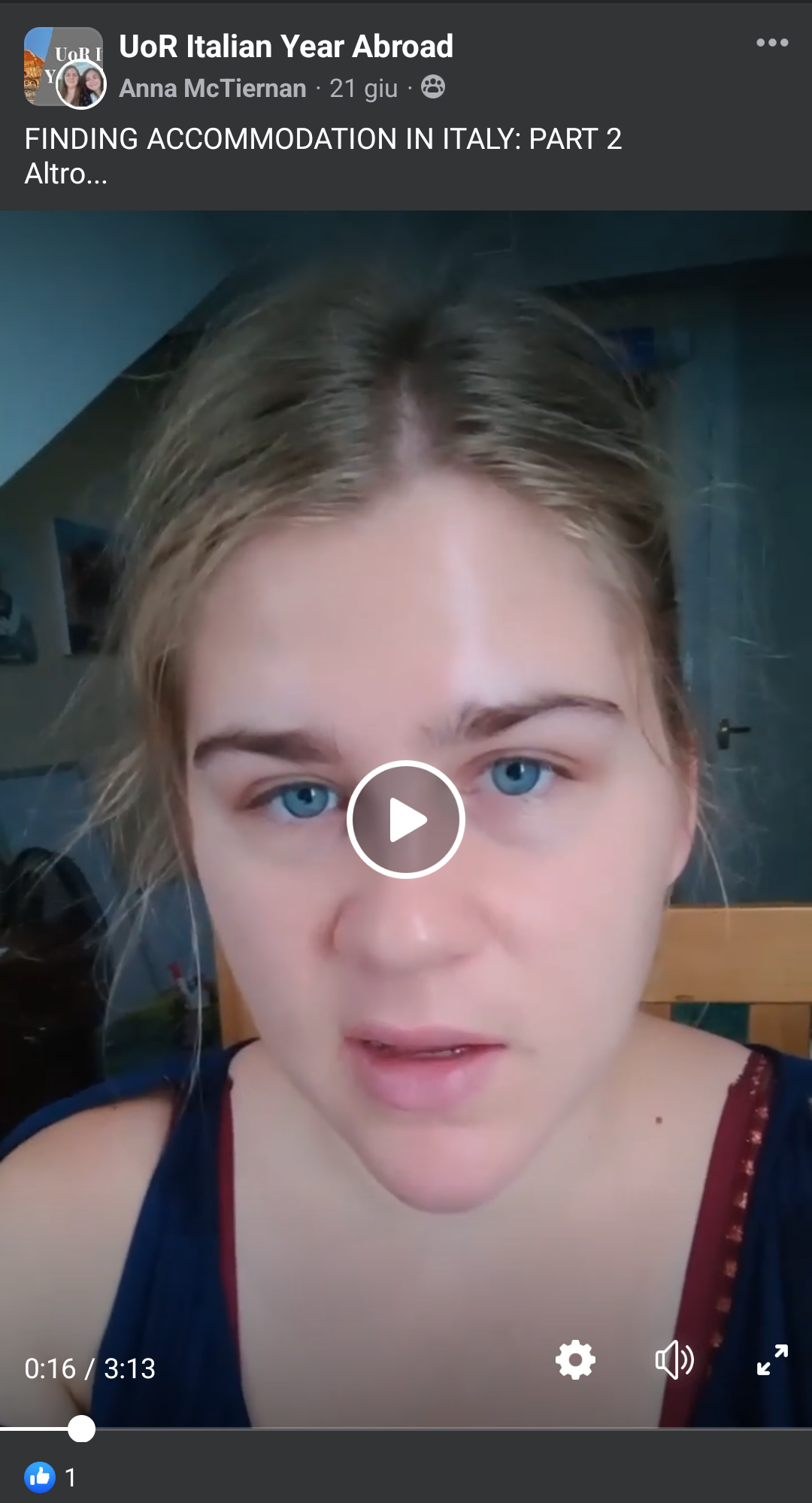
Impact
Aim: To enhance communication among students across year groups in DLC.
The Facebook group created by the student partners is a permanent space that Italian students of all year-groups can join. This year, the group will welcome the new Part 2 cohort and the administration will be taken over by the remaining student partners of the project.
Aim: To encourage students returning from the YA to share their experience in an inclusive way, and Part 2 students to proactively seek help in preparing to go abroad.
This aim was achieved through posts and videos (and the use of captions in the videos, which helped students focus on the content). Videos on some more sensitive topics (e.g., making friends) were carefully planned to include all types of personalities. Polls were particularly effective in stimulating members to ask questions and contribute.
Aim: To identify key aspects which required more support for Part 2 students.
The use of polls and discussions in the Facebook group, and the participation of student partners at YA preparation meetings, helped create a pool of topics to cover in the video-guide.
Aim: To create online YA resources on these aspects that could easily be accessed by current and future students.
The Facebook group became “the space” were all material could be found in one place by members: this included the videos and several useful links which were recommended by student partners during preparation meeting and immediately posted in the group. This will remain a great source of information for future cohorts.
In a survey carried out during the summer, Part 2 students commented particularly on the usefulness of this material and its ease of accessibility.

Reflections
The success of the activity lies in the determination and creativity of the student partners. From the very beginning, they all took on their role with great enthusiasm and were driven by the will to pass on their knowledge to make the YA an enjoyable experience for current and future cohorts of Languages Students. Additionally, other students who were on the YA found the initiative very stimulating and began to give their contribution, both in group discussions and by posting extra material that they had created to document their experience abroad e.g., a written guide on the student experience in Padua.
Student partners encountered some difficulties while creating and running resources, namely in making students interact in online exchanges and in producing videos whose format would appeal to peers. To overcome these issues, they came up with creative ideas, like the use of polls and the creation of shorter videos, to encourage viewings. For staff, having the input of the student partners was invaluable, as every activity was designed with the students and their needs in mind.
Follow up
Two of the student partners, Finalists in 2023/24, will continue with the administration of the Facebook group (possibly creating also an Instagram account to complement it), and will encourage this year’s Part 2 students to join. With the contribution of other members, who have also returned from the YA, information will be regularly updated, discussions will be stimulated, and new material for the video-guide will be produced, making this a permanent and dynamic space for Languages students to meet and share their YA experience.
A special grazie/thank you goes (in no particular order) to Jess, Francesca, Anna and Rosa for the time, dedication and enthusiasm they all put in creating these resources, and for demonstrating that the Year Abroad is an invaluable experience that needs to be preserved and shared with others.
Links
Link to the “UoR Italian Year Abroad” private Facebook group.

